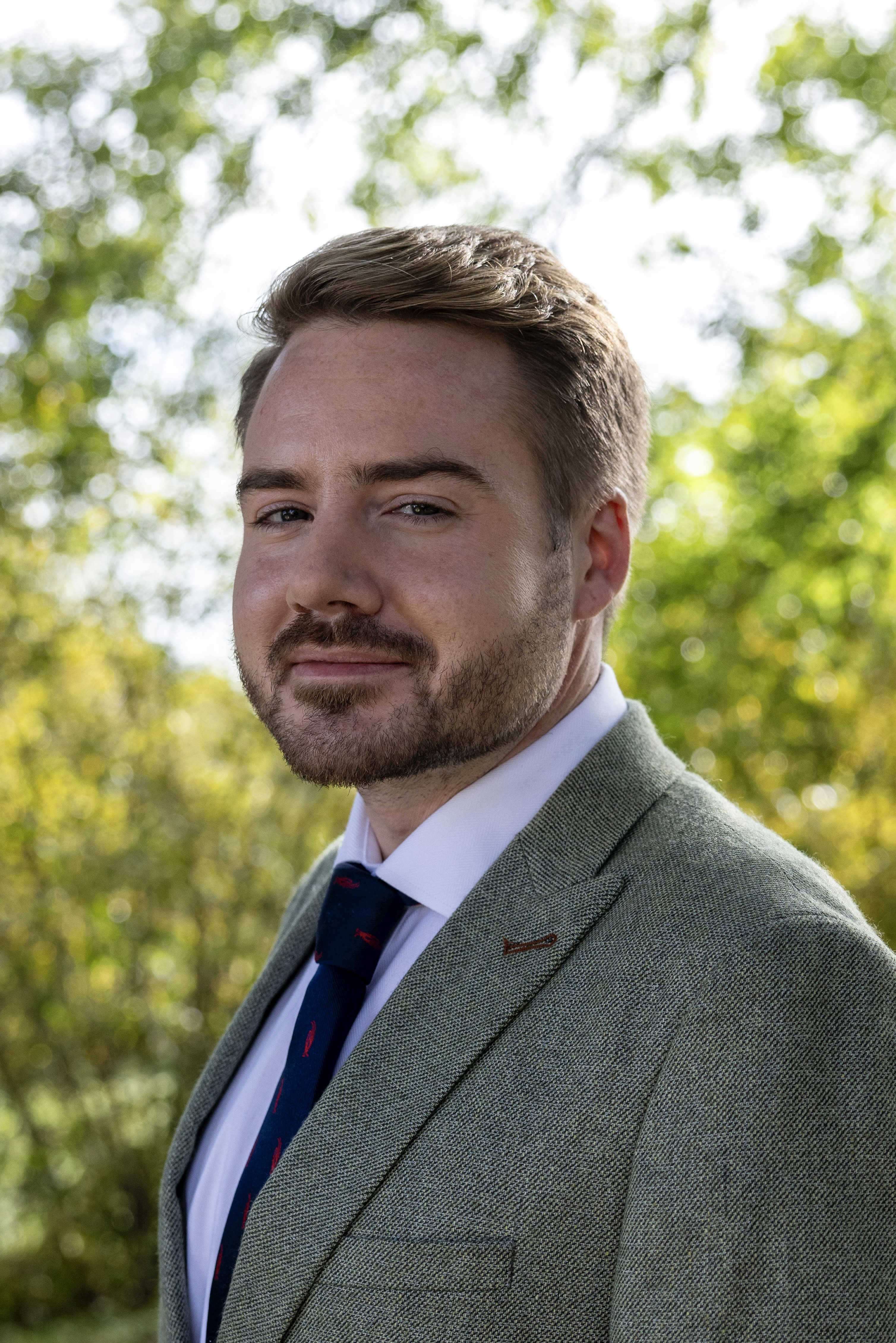The 2025 Summer School for the European Association of Social Psychology was hosted at the University of Kent in the historic city of Canterbury in Kent – the “Garden of England”. The theme – “Growing the Future of Social Psychology” – speaks to exactly what these summer schools have always been about: planting new ideas, nurturing emerging talent, and cultivating the connections that will shape the field for years to come.
Set against the backdrop of Canterbury’s medieval skyline and hosted within a School of Psychology rooted in a long-standing commitment to social psychology, the Summer School offered a opportunity to reflect both on where the field has been and where it’s going. Combining classic approaches and topics with new and emerging fields of enquiry, we talked about everything from social identity and collective action, to conspiracy theories and political division, to close relationships, artificial intelligence, and our moral responsibilities to non-human animals.
At the heart of the programme were six thematic workstreams, and alongside these, students took part in methods workshops, keynote lectures, mentoring sessions, and group research projects, culminating in presentations that showcased the creativity and rigour of the next generation of social psychologists.
But the Summer School was about more than just learning. To build networks and create connections, participants explored the cultural and natural beauty of Kent, from walking the White Cliffs of Dover to visiting Leeds Castle, Margate, and Canterbury Cathedral. Friendships, collaborations, and ideas were formed that will continue well beyond these ten days.
We are delighted to share the official report—which captures the highlights, projects, and reflections from participants—and a short film that offers a glimpse into the energy and spirit that defined EASP 2025.
Together, these tell the story of a Summer School that not only celebrated the strength of social psychology today, but also planted seeds for its future.
Location
University of Kent, Canterbury, England
Dates
Sunday 20th July to Wednesday 30th July
Links
Official Video: https://www.youtube.com/watch?v=JDcGJJuyRto
Post-Event Report: https://media.www.kent.ac.uk/se/53533/EASPSummerSchoolKent2025Report.pdf
Pre-Event Handbook: https://tinyurl.com/easp2025handbook
Organiser
Jim A.C. Everett

Applications are now closed.
